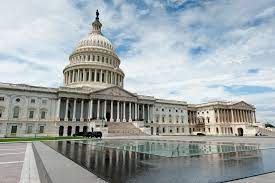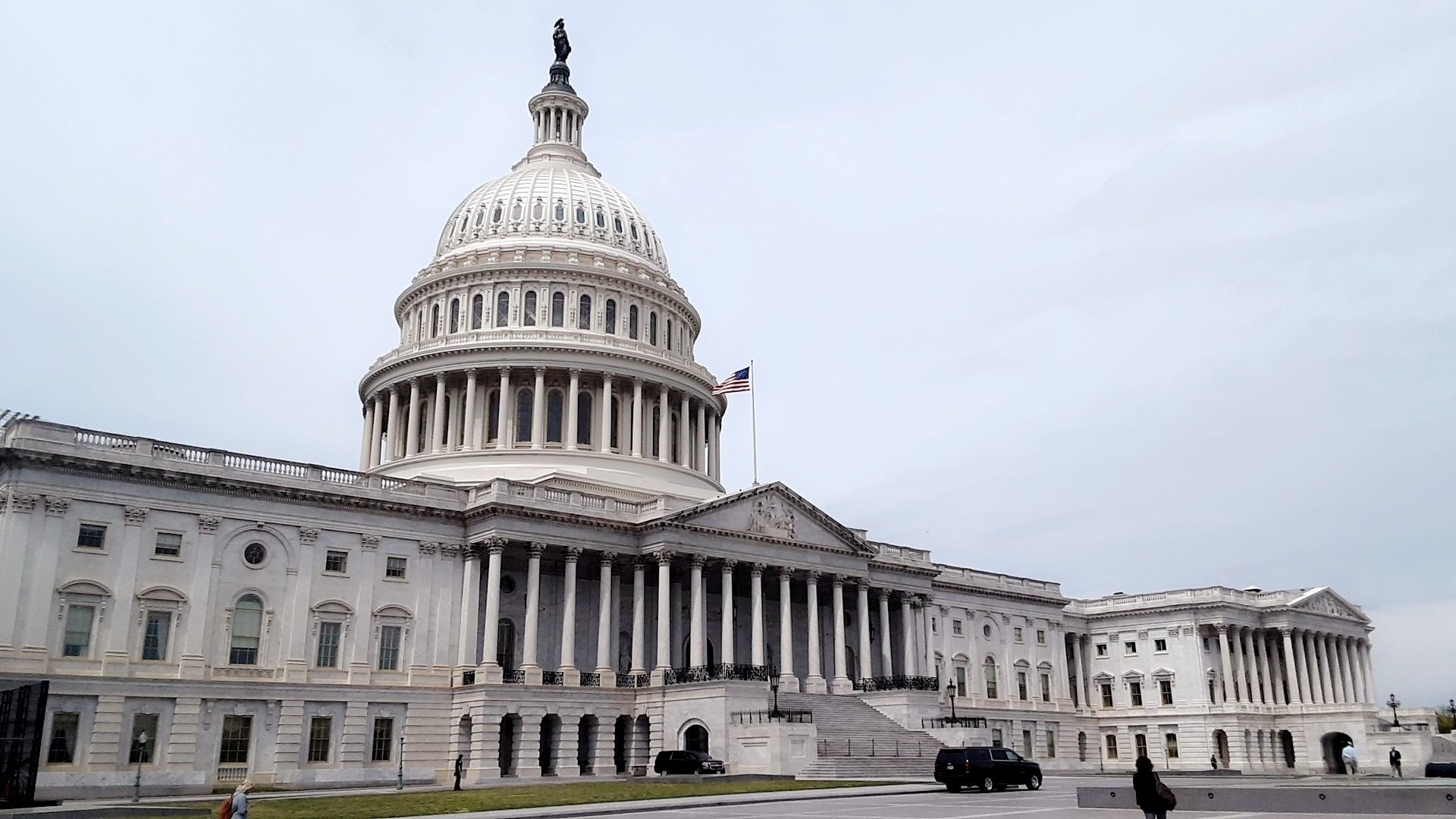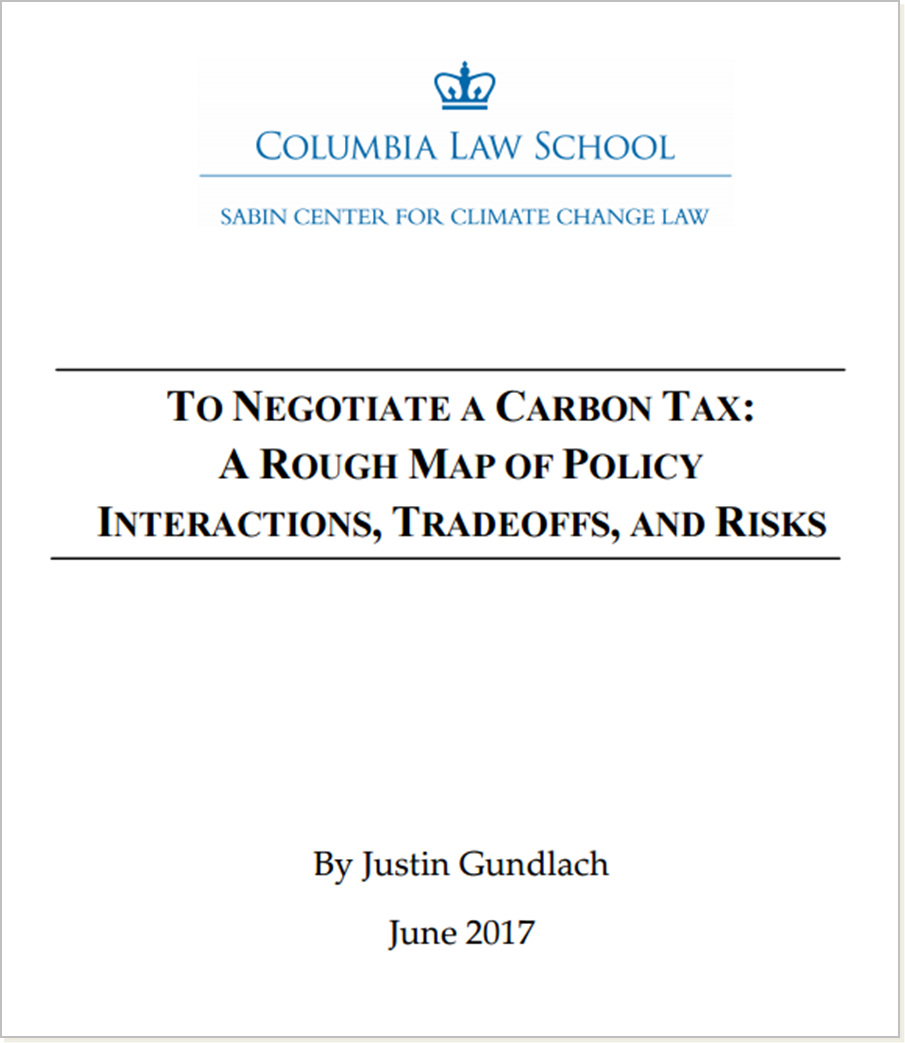by Hannah Chang
This second blog in our series on the Kerry-Lieberman bill (KL) discusses the bill’s market oversight provisions. Title II, Subtitle E, covering §§ 2401-16 and starting on page 624 of the KL discussion draft, is entitled “Regulation of Greenhouse Gas Markets.” These provisions amend the Commodity Exchange Act (CEA) to give the Commodity Futures Trading Commission (CFTC) jurisdiction over the trading of greenhouse gas (GHG) instruments, which are defined as GHG allowances or any other type of instrument designated as GHG instruments by the Environmental Protection Agency (EPA). These provisions place various limits and restrictions on the GHG instrument trading market and establish procedures to enhance transparency and address fraud and manipulation.
Kerry-Lieberman
The market for GHG instruments is restricted to trading conducted on exchange and cleared through a GHG clearing organization. Only compliance entities (i.e. entities subject to the cap) and regulated carbon market participants (i.e. a person other than a compliance entity, as specified by the CFTC in regulations, whose participation is necessary for market liquidity) are permitted to participate in the market (§ 2408). Off-exchange trading of GHG futures is prohibited (§2402). Short sale transactions are also prohibited subject to terms and conditions prescribed by the CFTC in consultation with the EPA (§ 2412).
The CFTC is required to establish registration and reporting requirements for carbon market participants and compliance entities (§ 2409) and to establish rules for the registration and operation of GHG instrument trading organizations (§ 2410). The bill also establishes “core principles” for GHG instrument trading organizations, including compliance requirements, monitoring of trading, and provision of information to CFTC (§ 2410). GHG clearing organizations are required to go through an application process that includes registration as a derivatives clearing organization pursuant to the CEA (§ 2411). The CFTC is authorized to change, supplement, suspend, or impose requirements as necessary and in the public interest in the case of a “greenhouse gas market emergency” (§ 2413).
Existing provisions of the CEA are applied to GHG instrument trading with respect to swap transactions, fraud prohibition, prohibited transactions, and manipulation prohibitions (§§ 2403-2407). The CFTC is required to establish trading limits to prevent excessive speculation; GHG instrument trading organizations may enact more stringent limits to prevent excessive speculation (§ 2404).
Comparison with Waxman-Markey
These market oversight provisions are more restrictive than the oversight provisions, Title III, Subtitles D and E (beginning on page 1027) of the Waxman-Markey bill (WM), which would have given a role in carbon market oversight to both the Federal Energy Regulatory Commission (FERC) and CFTC.
Under WM, FERC had regulatory authority over the allowance and offset markets while the CFTC was authorized to regulate the energy and carbon market derivatives. FERC was given authority to promulgate regulations for the allowance markets that would ensure market transparency and prohibit fraud, market manipulation, and excess speculation. At the same time, the Commodity Exchange Act was amended to ensure that the CFTC had greater oversight of energy commodity derivatives and credit default swaps. WM is also unlike KL in that it does not restrict carbon market participation to compliance entities and regulated carbon market participants.




